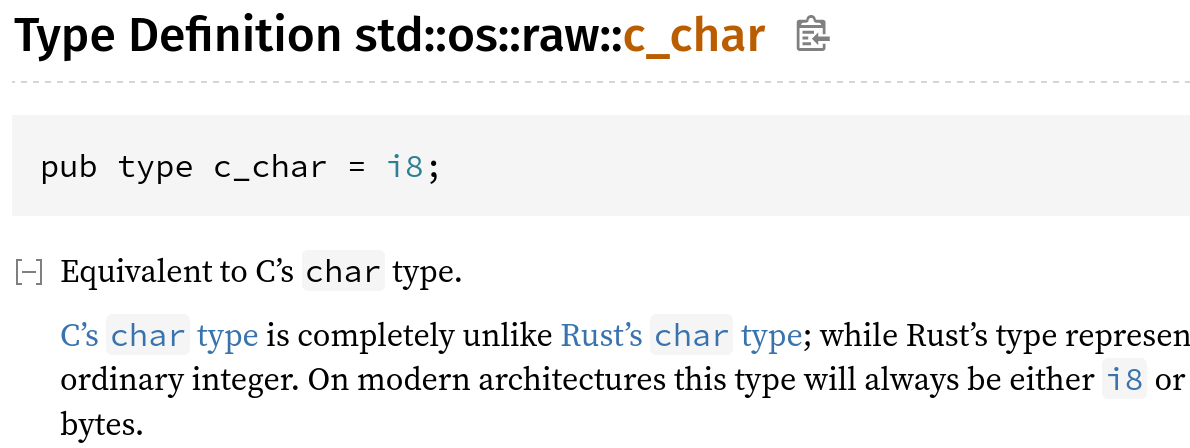Fix debuginfo for pointers/references to unsized types
This PR makes the compiler emit fat pointer debuginfo in all cases. Before, we sometimes got thin-pointer debuginfo, making it impossible to fully interpret the pointed to memory in debuggers. The code is actually cleaner now, especially around generation of trait object pointer debuginfo.
Fixes https://github.com/rust-lang/rust/issues/92718
~~Blocked on https://github.com/rust-lang/rust/pull/92729.~~
With the addition of `sock_accept()` to snapshot1, simple networking via
a passed `TcpListener` is possible. This patch implements the basics to
make a simple server work.
Signed-off-by: Harald Hoyer <harald@profian.com>
Suggest tuple-parentheses for enum variants
This follows on from #86493 / #86481, making the parentheses suggestion. To summarise, given the following code:
```rust
fn f() -> Option<(i32, i8)> {
Some(1, 2)
}
```
The current output is:
```
error[E0061]: this enum variant takes 1 argument but 2 arguments were supplied
--> b.rs:2:5
|
2 | Some(1, 2)
| ^^^^ - - supplied 2 arguments
| |
| expected 1 argument
error: aborting due to previous error
For more information about this error, try `rustc --explain E0061`.
```
With this change, `rustc` will now suggest parentheses when:
- The callee is expecting a single tuple argument
- The number of arguments passed matches the element count in the above tuple
- The arguments' types match the tuple's fields
```
error[E0061]: this enum variant takes 1 argument but 2 arguments were supplied
--> b.rs:2:5
|
2 | Some(1, 2)
| ^^^^ - - supplied 2 arguments
|
help: use parentheses to construct a tuple
|
2 | Some((1, 2))
| + +
```
LLDB does not seem to see fields if they are marked with DW_AT_artificial
which breaks pretty printers that use these fields for decoding fat pointers.
This makes `PartialOrd` consistent with the other three traits in this
module, which all include links to their respective mathematical concepts
on Wikipedia.
Only traverse attrs once while checking for coherence override attributes
In coherence, while checking for negative impls override attributes: only traverse the `DefId`s' attributes once.
This PR is an easy way to get back some of the small perf loss in #93175
Clarify the `usage-of-qualified-ty` error message.
I found this message confusing when I encountered it. This commit makes
it clearer that you have to import the unqualified type yourself.
r? `@lcnr`
Introduce a limit to Levenshtein distance computation
Incorporate distance limit from `find_best_match_for_name` directly into
Levenshtein distance computation.
Use the string size difference as a lower bound on the distance and exit
early when it exceeds the specified limit.
After finding a candidate within a limit, lower the limit further to
restrict the search space.
Add test for stable hash uniqueness of adjacent field values
This PR adds a simple test to check that stable hash will produce a different hash if the order of two values that have the same combined bit pattern changes.
r? `@the8472`
Define c_char using cfg_if rather than repeating 40-line cfg
Libstd has a 40-line cfg that defines the targets on which `c_char` is unsigned, and then repeats the same cfg with `not(…)` for the targets on which `c_char` is signed.
This PR replaces it with a `cfg_if!` in which an `else` takes care of the signed case.
I confirmed that `x.py doc library/std` inlines the type alias because c_char_definition is not a publicly accessible path:

It's simply a binary thing to allow different behaviour for `Copy` vs
`!Copy` types. The new code makes this much clearer; I was scratching my
head over the old code for some time.
The creation of libc::sockaddr_un is a safe operation, no need for it to
be unsafe.
This also uses the more performant copy_nonoverlapping instead of an
iterator.
Ignore unwinding edges when checking for unconditional recursion
The unconditional recursion lint determines if all execution paths
eventually lead to a self-recursive call.
The implementation always follows unwinding edges which limits its
practical utility. For example, it would not lint function `f` because a
call to `g` might unwind. It also wouldn't lint function `h` because an
overflow check preceding the self-recursive call might unwind:
```rust
pub fn f() {
g();
f();
}
pub fn g() { /* ... */ }
pub fn h(a: usize) {
h(a + 1);
}
```
To avoid the issue, assume that terminators that might continue
execution along non-unwinding edges do so.
Fixes#78474.